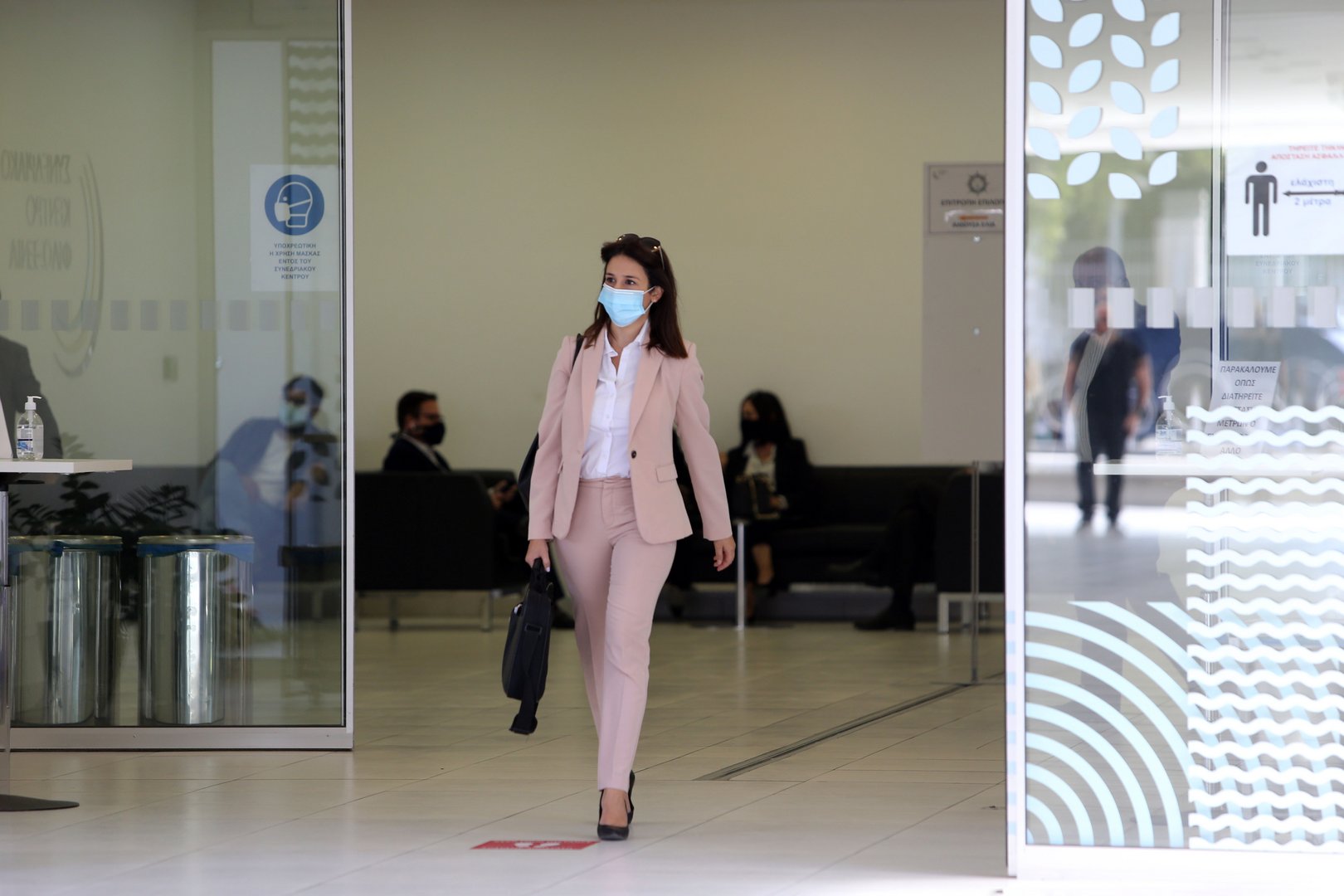Speaking at a press conference last Friday, Health Minister Michalis Hadjipantela declined to lift the mandate requiring masks to be worn in all indoor spaces. “The experts are clear that masks protect,” he said, “so we cannot remove them at the moment.”
‘Protect’ against what, exactly? Weekly Covid cases have been plummeting for six weeks straight. There were 2,130 cases last week, down from 15,000 in mid-July. We’re clearly not in a Covid surge, or even in the middle of a Covid wave.
Maybe the minister meant that masks protect against Covid in general – but surely he’s aware that the virus isn’t going anywhere. Indeed, in the same press conference he also laid out his plans for the new Covid wave that’s expected this winter. If masks ‘protect’ now then they’ll obviously protect in the winter too, and next summer, and 10 years from now. At what stage will we be prepared to remove them?
It’s not enough to be protective. Everything in life is a cost/benefit analysis, including masks.
They might protect against Covid, but they have harms too. Some of those harms are obvious. They impede the hard-of-hearing, and young children who are still learning how to communicate. They attract fungi and bacteria, which we inhale if the mask isn’t clean. They get thrown away in their millions, causing massive environmental damage.
Other harms are less obvious. Masks, especially when worn long-term, have a dystopian, dehumanising effect. They encourage fear of other people, degrade mental health, create paranoia, and get in the way of normal social relations.
Do they even protect against Covid? The science is mixed, though it’s worth noting that studies conducted pre-Covid largely concluded that masks make no difference to a respiratory virus. Meanwhile, the real-world data is pretty damning.
The high levels of mask compliance in Asian countries are well-known – yet South Korea, for instance, has posted over 100,000 Covid infections almost every day this month. It now stands at 22 million cases in total; the UK – where mask-wearing never really caught on – has 23 million, with a bigger population.
Closer to home – as confirmed by all the Cypriots who’ve been on holiday this summer – we’re the only country in Europe that still has an indoor mask mandate. Yet our Covid trajectory has been identical to all those other places: a surge in July with the BA.5 variant, then a steady fall. It’s impossible to compare Cyprus data to that of other European countries and conclude that masks make any significant difference.
Some say it doesn’t matter, since no-one actually wears masks anyway. Even if that were true, however – which it isn’t, except in the tourist areas – it’s not good enough. Masks can’t become yet another of those zombie laws that remain unenforced, except when the government sees fit to reactivate them.
If living with Covid means putting masks on when cases surge, it should also mean taking them off when cases drop. Otherwise, if the ultimate goal is ‘masks forever’, let the minister say so directly, instead of trying to sneak it through by omission.







Click here to change your cookie preferences